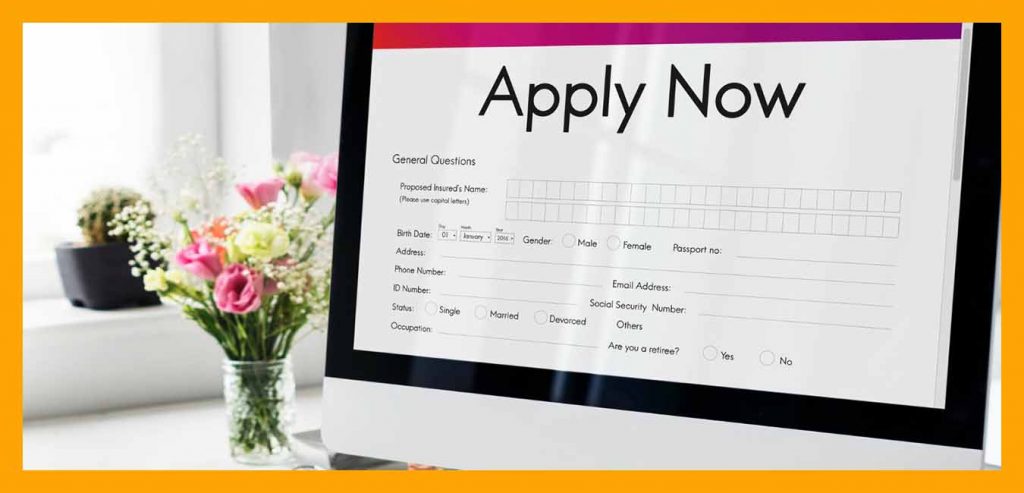To Break into a new career takes work. But the transition can be smoother if you do it right. When guided properly, the switch from one job to your ideal one, no matter how different or similar they might be, can be one of the most rewarding paths you’d ever take.
Breaking into a new career means trying to get a paying job in a field you’ve never worked in before. Most often, there is absolutely no experience, and you end up getting rejected. Then there is the chicken and egg situation: how do you get a job with no experience, and how do you get work experience with no job? It’s all going to be sorted out in this article.
For diverse creatives jumping from one career to another, this is one question on their minds: how do I break into a new career? Here are 11 straightforward steps that make the transition a piece of cake.
1. Choose the right path
2. Prepare your mindset
3. Find out the needed skills for the new career
4. Set your growth metrics in the career path
5. Empower yourself with the skillsets you need
6. Curate your transferable skills
7. Write a skill-based resume
8. Volunteer or get paid internships
9. Network with professionals
10. Make your cover letter pack a punch
11. Apply for jobs
1. Choose The Right Career Path
Most people have reasons for choosing a new career path. It might be more money, more freedom, better work-life balance, more time with their children, and wanting to grow their business. However, choosing an ideal career path comes after choosing these goals, not before.
To identify which new career you want to enter, you must ensure that it fits your personality and career change goals. Otherwise, you would be stuck in a process/job that does nothing for your growth
That is definitely not the cycle you want to be in. You want to break into a new career for a reason.
2. Prepare Your Mindset

The process is straightforward but achieving the milestones is not easy. To break into a new career, you need resilience and consistency. You need to be able to stick to your guns and plans when trouble comes; because it will.
Preparing your mindset goes a long way in preparing you for your career change.
3. Research The Skills And Experience Needed To Break Into Your Ideal Career
You can do this by looking through LinkedIn and other job boards and looking for key similarities between those job descriptions. You might be lucky enough to get a course that covers all aspects of your new job, but it’s rare for some.
Note these skills so you can check them off as you learn them. Then, prioritise the skills into must-haves, nice-to-have, and extras. If you want to break into a new career, it is essential to pack up the skills you need for the role.
4. Plan Your Growth Metrics
Progressing is tough when you can’t measure how far you’ve gone. Especially when it seems like a pretty long journey ahead of you. SMART goals help you track your progress and tell if you’re in line with what you’re trying to achieve.
This is also a brilliant skill to pick up, and it is needed, regardless of your career, to be a top performer. Doing this helps you learn it properly and minimises mistakes in the actual workforce. And once you break into a new career, your clients would be confident working with you because they know you understand planning.
5. Empower Yourself With Needed Skills

Learn, unlearn and relearn if you need to. If a college degree is necessary for your new role, strive to get it. Breaking into a new career can only happen with this step. You can’t do anything if you don’t know how to do it. Everyone learns to progress. A baby learns to move, communicate and identify things in order to grow into a functioning adult.
You need to learn the must-have skills to grow into an excellent professional.
There are numerous free courses to learn most skills you need. If you can save up funds, enrol in classes or programs that can hasten your learning process. The courses can even open you up to circles that might need your level of expertise.
6. Find Your Transferable Skills
If you have work experience, scrutinise it for transferable skills. They are also called soft skills.
These can set you apart from your peers as you break into a new career. If you’ve had a volunteer or internship role in school where you learnt soft skills, add them.You want to present yourself well while also being aware of the skills you have under your belt.
If you don’t have any transferable skills that can strengthen your move into a new career, learn them.
7. Highlight Your Skills In A Resume

You most likely need to gain work experience to break into a new career. You can do this by packaging what you offer in a skill-based resume. This takes the focus off your work experience and showcases your numerous skills. Some companies even prefer people like you to work in their company, which can help you break into a new career.
Even if your new career involves a solopreneurship, you can still benefit from working with an organisation in the initial stage. If not, ramp up your content creation game. Social media has platforms that can literally take you from zero to hero. Harness the power of socials, share your story, skillsets and brand to set you apart from the noise and let your ideal customers see you.
8. Volunteer/Get Internships
Some learning programs have this in addition to the basic knowledge that other institutions provide. If you do enrol in these types of programs, chances are you’re covered for this step. The goal is to have practical experience in whatever you have learnt so you can practice it in the field when you finally break into a new career.
If your learning path does not have this, use your skill-based resume to apply for internships and volunteer. The institutions can get you both hard and soft skills relevant to your envisioned career. In addition, some of these are paid, so you can earn a stipend while training.
9. Up Your Networking Game
Your network is your net worth. Find communities of like-skilled people and communities that may need professionals in your new career. There are steps to network properly.
Communities with similar roles are crucial so that you stay on top of industry trends and get first access to any professional looking to build a team for a project. Some job openings are posted in communities like this if a professional has too much on their plate. Because you are part of their community, there’s higher trust and you can break into a new career from there.
You can also attend clubs, hangouts, speeches, events or any gathering of professionals to interact with them and build your network. Networking helps spread the word about you fast so you can break into your new career.
10. Pack A Punch With Your Cover Letter
You want whoever reads it to be captivated. One thing a cover letter does is that it shows your personality and passion while highlighting crucial skills. It should be like a showstopping elevator pitch, but right now, it’s a page long, and you can really draw your reader in.
When done exceptionally, it’s a sure way to make employers notice you and help you break into a new career with them.
11. Apply

You don’t upskill to break into a new career and then keep all the skills to yourself. Apply! Use your network, check job boards, brush your LinkedIn profile and apply to entry-level jobs. Your ideal role might be much higher in the hierarchical chain, but you are trying to break into that career. So the best thing is to start small.
Don’t let this deter you, though! If your SMART goals and research done in 3 and 4 were aimed at a higher role, and you accomplished them, by all means, go for it! Apply for that dream job and get your foot in the door.
Have some patience. Job application processes take a while. A good network might help you bypass this; still, it’s dependent on the opportunities open to them. So have more patience if you want to break into a new career.
Conclusion
By following this process, switching careers will be straightforward. While others are still trying to find how to break into a new career, you have found a gold mine that can help you accomplish your goals.








